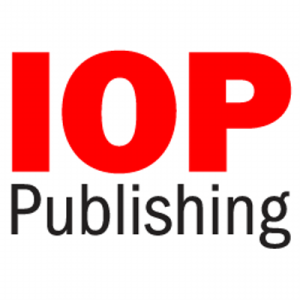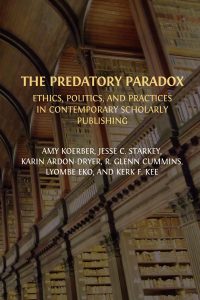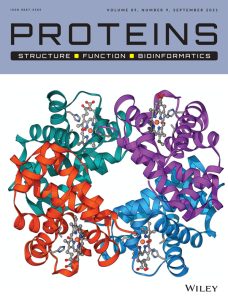Elsevier’s Scopus database has paused indexing content from Sustainability, an MDPI journal, while it reevaluates whether to include the title, Retraction Watch has learned.
Please see an update on this post.
Other MDPI titles were reevaluated in 2023, and its mathematics journal Axioms is no longer included in Scopus’ nearly 30,000 titles. Clarivate also delisted two MDPI journals, including the International Journal of Environmental Research and Public Health, from its Web of Science index earlier this year, meaning those journals will no longer receive impact factors.
Universities and funders use Scopus to create “whitelists” of journals in which authors are encouraged to publish, so removal from the index can influence submissions.
In 2022, Norway removed Sustainability from its list of journals that researchers get credit for publishing in, and Finland followed suit at the beginning of 2023. In the announcement of its decision, the Finnish Publication Forum wrote:
Continue reading Exclusive: MDPI journal undergoing reevaluation at Scopus, indexing on hold







